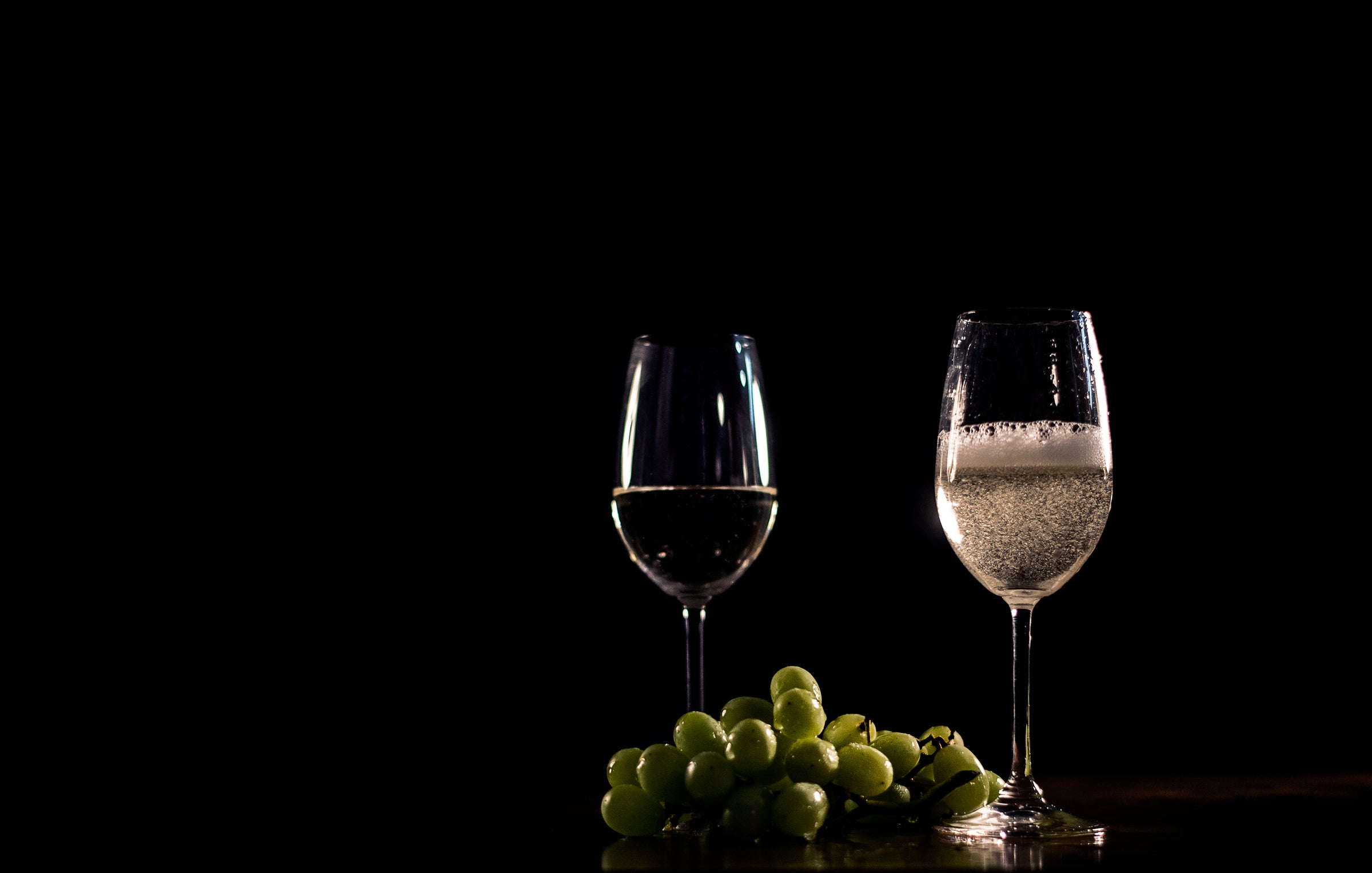What is the difference between a sweet wine and a liqueur wine?
The world of wine is full of technical terms and classifications that can sometimes be confusing. Among these terms, those that refer to sweet wines, such as vin moelleux and vin liqueurux , are often used interchangeably, but they actually refer to different types of wines, both in their production and in their taste characteristics. So, how do you tell a vin moelleux from a vin liqueurux? Here's a guide to better understand these two categories of wine.
Discover our half-bottles of sweet and liqueur wines
What is a sweet wine?
A sweet wine is a wine that has a certain sweetness due to its residual sugar content, that is, the amount of sugar not transformed into alcohol during fermentation. However, unlike liqueur wines, this sweetness is more discreet, less concentrated, which allows the wine to retain a certain lightness in the mouth.
Characteristics of a sweet wine:
- Sugar content : A sweet wine generally contains between 12 and 45 g of residual sugar per liter. This is less sweet than liqueur wines.
- Aromas : Sweet wines can offer fruity and floral aromas, with notes of ripe fruit, honey or flowers.
- Food and wine pairings : Sweet wines pair well with blue cheeses (like Roquefort), spicy dishes or light desserts. They can also accompany certain fresh fruits or terrines.
- Examples : Among the best-known sweet wines, we find Vouvray (in the Loire), Coteaux du Layon (in the Loire Valley) and Montbazillac .
What is a sweet wine?
Liqueur wines are very sweet wines, whose residual sugar is much higher than in a sweet wine. They are often obtained by specific harvesting methods that allow the sugar to be concentrated in the grapes, such as noble rot (Botrytis cinerea) or late harvest .
Characteristics of a sweet wine:
- Sugar content : Sweet wines generally contain more than 45 g of residual sugar per liter, and in some cases much more. Some very sweet sweet wines can exceed 100 g of residual sugar per liter.
- Aromas : This type of wine is generally more complex and intense in terms of flavors. It contains aromas of candied fruits, caramel, nuts, honey, and even dried fruits.
- Food and wine pairings : Sweet wines are perfect for pairing with rich desserts, pastries, foie gras, and also certain cheeses. For example, Sauternes goes wonderfully with foie gras, and Tokaji (from Hungary) pairs wonderfully with fruit or chocolate-based desserts.
- Examples : The most famous sweet wines include Sauternes (Bordeaux), Tokaji Aszú (Hungary), Château d'Yquem (Sauternes), and Pedro Ximénez (Spain).
The main differences between a sweet wine and a liqueur wine
| Criteria | Sweet Wine | Sweet Wine |
|---|---|---|
| Sugar content | Moderate, between 12 and 45 g/l | High, often more than 45 g/l |
| Production method | Classic fermentation with harvest of ripe grapes | Late harvest, noble rot or raisining |
| Texture | Soft but light, less concentrated | Very sweet, dense and creamy |
| Famous examples | Vouvray, Montbazillac, Layon Hillsides | Sauternes, Tokaji, Château d'Yquem |
| Food and wine pairings | Blue cheeses, light desserts | Foie gras, pastries, rich desserts |
Discover our half-bottles of sweet and liqueur wines
Why is this distinction important?
Although both the terms “sweet” and “liquoreux” refer to sweet wines, the distinction is crucial, especially for wine lovers and industry professionals, to better understand the flavor profile and production methods behind each type of wine.
Sweet wines are often considered prestige wines, rarer and more expensive due to their more complex production method and the conditions required to harvest the grapes at the optimal time. For example, Château d'Yquem , produced very selectively, is a sweet wine of exceptional rarity.
Conversely, sweet wines offer a more accessible sweetness and are perfect for those who want to discover sweet wines without falling into the category of highly concentrated wines or richer dessert wines.
Conclusion: Choosing between a sweet wine and a liqueur wine
In short, if you are looking for a sweet but light wine, a moelleux wine will probably be your best choice. If you are looking for a sweeter, more intense and complex wine, then a liqueur wine will be an unforgettable tasting experience. Regardless of your choice, both types of wines provide unique taste experiences that can enhance a variety of meals or special occasions.
Now that you know the differences between a sweet wine and a liqueur wine, you are ready to explore these two sweet worlds and make your choice based on your preferences.



